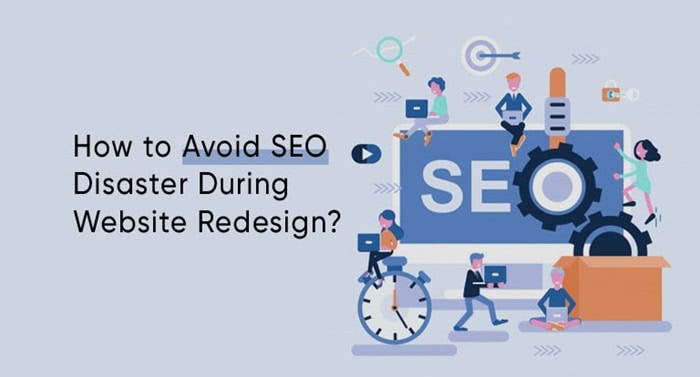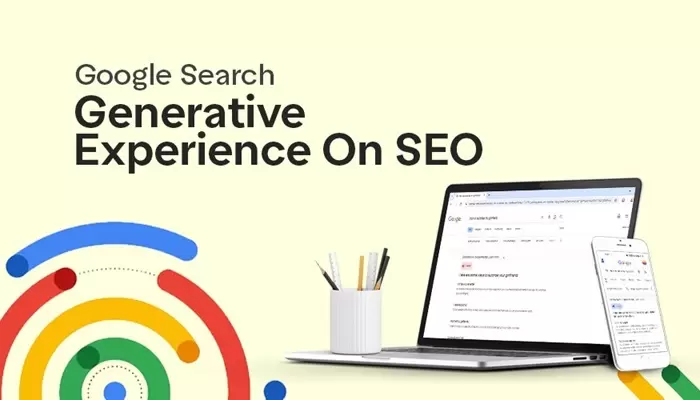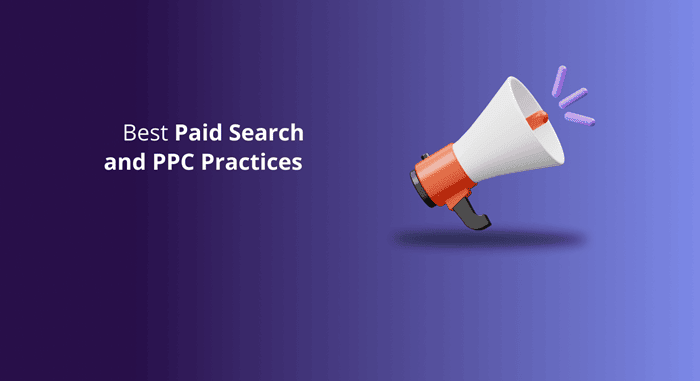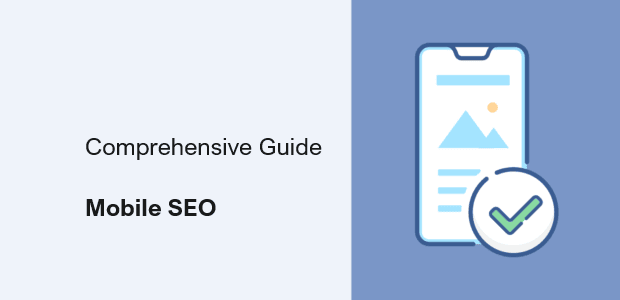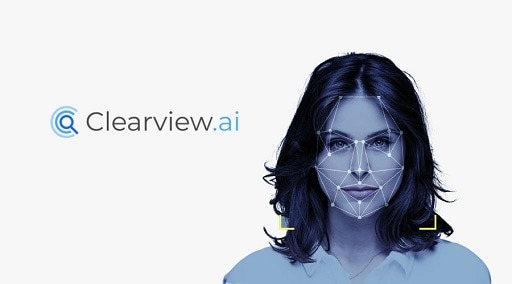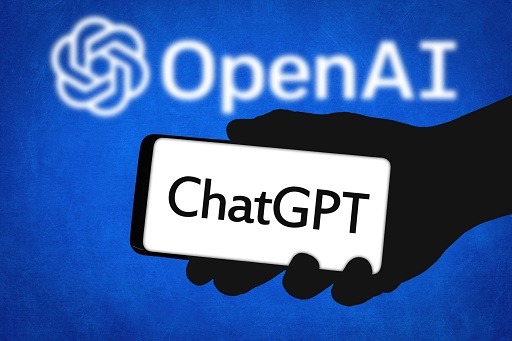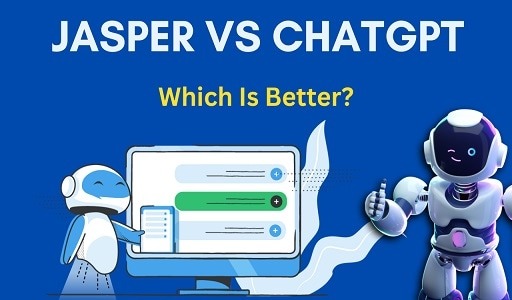When we consider the impact of AI on the world, especially in the field of digital marketing, our minds often wander to how large organizations will employ machines to replace countless copywriters, designers, and other content creators, leading to both curiosity and concern.
Big corporations, with their extensive customer bases and a constant need for competitive content, are turning to advanced AI systems to generate content, process data, and analyze trends to maintain their edge.
However, the potential benefits of AI are not exclusive to large enterprises. In fact, small local businesses, which often have limited resources and time constraints, can greatly benefit from the time and cost-saving solutions offered by innovative AI technologies.
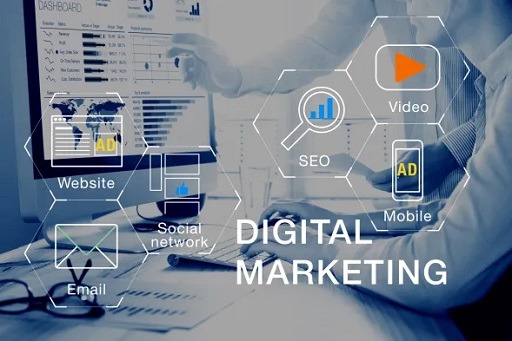
One of the major challenges faced by small businesses today is keeping up with the overwhelming demands of digital marketing, which can easily become a full-time job in itself. To achieve growth, businesses are expected to maintain a dynamic and relevant online presence while enabling their increasingly tech-savvy customers to engage through various channels.
So, how can small business owners cope with the mounting demands in an area they may not feel comfortable with?
This is where AI steps in as a virtual digital marketing assistant.
How Can AI Provide Assistance to Small Business Marketing Efforts?
In the realm of marketing, AI can manifest in various ways, but one of the most prevalent applications currently is generative AI.
Generative AI engines, such as ChatGPT, belong to a class of sophisticated language models. These AI algorithms have undergone extensive training on vast amounts of data or content, enabling them to comprehend, condense, and generate fresh content in response to prompts.
Consequently, AI has the capability to swiftly and efficiently produce content on a wide range of topics covered within its training data set.
Content for Websites, Blogs, and Social Media Platforms.
The primary practical application of AI writing tools for small businesses lies in the creation of educational, informative, or otherwise valuable content that can be consumed by your website visitors, social media followers, and search engines.
Content remains paramount in establishing online authority, and one way to distinguish yourself from competitors is by generating more high-quality content that resonates with your audience, encouraging them to read, like, and share. We have established that AI is capable of generating content on any desired topic, and for most small local businesses, their customers’ needs are relatively consistent.
The key to obtaining exceptional AI-generated content lies in providing a well-structured prompt. With a well-crafted request, you can receive a blog post, how-to article, FAQ section, web page, or social media post, which may only require minor adjustments and personalization before being ready for your audience.
A Brief Introduction To Artificial Intelligence In Marketing
If needed, you can re-prompt the AI for a better version, allowing it to continuously learn and generate improved, more fitting content over time. However, it is crucial to emphasize that the step of reviewing and editing the content to ensure its uniqueness should not be overlooked.
AI is occasionally prone to “hallucinating,” meaning it can be inaccurate at times, so it is essential to verify the accuracy of the generated work.
Moreover, it is vital to humanize the end product, as the text may occasionally sound awkward or formal. Make sure the content reflects your brand and adds your unique touch by incorporating your anecdotal perspective, tone, or links to other relevant content you have created or curated.
Engaging in Direct Communication with Customers.
Apart from the content that businesses create for widespread sharing on websites or social media platforms, there are also direct-to-consumer campaigns aimed at promoting, educating, or informing.
Although these campaigns may be concise, such as emails or SMS messages, they still demand time and effort to develop campaign concepts and deliver the corresponding content to the intended audience. AI can assist in both aspects of the process.
Firstly, AI can be utilized to generate a list of topics or ideas that can serve as the foundation for a campaign.
As an illustration, I posed the question to ChatGPT, asking it to “Offer me a compilation of promotions that a small local phone repair company could implement to increase revenue.”
In response, the AI virtual marketing assistant promptly provided the following condensed list of recommendations:
- “Bring-a-Friend” Discount: Encourage customers to refer their friends by offering a special discount or incentive for both the referrer and the referred customer.
- Seasonal Service Packages: Create exclusive service packages tailored to specific seasons or holidays, providing discounted rates or additional perks to attract customers during peak times.
- Loyalty Program: Establish a loyalty program where customers earn points or rewards for each repair service they avail. These rewards can be redeemed for discounts on future repairs or free accessories.
- Limited-Time Offers: Introduce limited-time promotions such as flash sales, hourly discounts, or daily deals to create a sense of urgency and incentivize immediate action.
- Bundle Repairs and Accessories: Offer discounted rates or complimentary accessories when customers opt for multiple repair services or purchase accessories along with repairs.
- Social Media Contests: Run engaging contests on social media platforms where participants have a chance to win discounted or free repair services. This helps increase brand visibility and customer engagement.
- Student Discounts: Target local students by providing exclusive discounts or special packages for phone repairs, as they are often in need of affordable and reliable repair services.
- Refurbished Device Sales: Expand offerings by selling refurbished phones or devices at competitive prices, attracting customers looking for cost-effective alternatives.
- Partnership with Local Businesses: Collaborate with complementary local businesses, such as phone accessory stores or electronics retailers, to offer joint promotions or cross-promote each other’s services.
- VIP Service Upgrades: Create a premium service tier with added benefits, such as expedited repairs, extended warranties, or personalized customer support, for customers willing to pay a premium.
To ensure maximum visibility and reach, remember to promote your offerings through various channels, including your website, social media platforms, local advertising, and direct mail. Continuously monitor the effectiveness of each promotion and adjust your strategies based on customer response and revenue growth.
Furthermore, AI can be called upon once again to suggest the messaging for your marketing materials. By providing a well-structured prompt, you can consider the following factors:
- Message type: Specify if it’s a promotion, announcement, invitation, greeting, thank you note, educational content, informational content, and so on.
- Services or Products to be mentioned: Indicate the relevant services or products that should be highlighted in the message, based on the appropriate message type.
- Specific words to be included: Highlight any specific offers, discounts, specials, or keywords that should be incorporated into the message.
- Specific words to exclude: Exclude any competitors’ names or unwanted references to alternative products.
- Demographic targeting information: Provide demographic details such as gender, age, marital status, or any other relevant information to tailor the message accordingly.
- Writing tone: Specify the desired tone, such as conversational, friendly, informative, professional, welcoming, witty, or any other tone that aligns with your brand and target audience.
- Writing perspective: Choose whether the message should be written from a first-person or third-person perspective.
As mentioned, the more detailed and specific the prompt you provide to the AI, the more accurate and effective the generated response will be.
Search Engine Optimization (SEO) and Paid Search Advertising.
AI plays a central role in search engine optimization (SEO) as it has been powering search engines like Google for several years. Therefore, it makes sense to utilize the same technology to streamline the process of creating structured content that aligns with what search engines are seeking.
For small business owners or individuals who have the time and expertise to manage their websites, generative AI for SEO can assist in tasks such as keyword and content research, generating page titles, and meta descriptions, and handling more advanced aspects of on-site optimization.
It’s not surprising that AI is already integrated into numerous paid advertising platforms, serving as the foundation for services like Google Ads. These platforms automatically recommend or create content based on existing content and past performance, benefitting advertisers of all sizes by leveraging the collective knowledge gained from each other’s campaigns.
Website Support
Website chatbots have become commonplace, but AI is now opening doors to a new generation of chatbots that can seamlessly interact with your website visitors and accurately extract the information they seek.
Similar to how AI language models (LLMs) are trained to analyze and interpret vast amounts of online content, they can also be trained to catalogue the essential details of your website, including information about your products, services, and business practices.
If visitors encounter obstacles or pose questions that the chatbot hasn’t been trained on or lacks the necessary information to answer, intelligent systems will enable customers to forward their queries through alternative channels such as SMS or email. This ensures that customers can still receive assistance even when the chatbot cannot provide an immediate response.
Fostering a Forward-Thinking Mindset.
AI-powered text generation is merely scratching the surface, as we witness the emergence of systems like DALL-E2 and Midjourney that can produce photo-realistic images based on simple text prompts. The realm of full-scale video generation is also not far behind.
This advancement opens up exciting possibilities for creating captivating business content.
In addition to content generation, AI presents the opportunity to automate the personalization and optimization of content, ensuring that the right content reaches the right individuals at the right moment—an approach that has long been the cornerstone of Google’s operations.
However, the availability of this level of customized content won’t be limited to Google and search engines alone. Open-source AI solutions are paving the way for everyone to access such capabilities.
With predictive analytics solutions, small business marketers can proactively adapt to changing trends. They can leverage automation to build upon successful tactics from the past while discarding those that haven’t yielded positive results, ensuring they stay ahead in the game.
AI
While AI holds great potential in saving time for content creation, it should not be considered a complete substitute for human writers or editors. AI-generated content relies on existing content that has been created before, which poses the risk of producing a significant amount of similarity when some creators publish this content without making substantial changes.
Your audience and Google have different expectations. It is crucial to embrace the capabilities of AI while also incorporating your own distinctive voice, perspective, and personal touch.
Google continues to prioritize the E-A-T principles (Expertise, Authoritativeness, Trustworthiness) as significant factors in content ranking. Small business owners must enhance what AI can offer as a foundation by incorporating these E-A-T principles.
Final Thought
AI-driven digital marketing presents significant opportunities for small local businesses to enhance their online presence, generate valuable content, improve customer experiences, and drive lead generation.
To harness the power of this transformative technology, businesses must first identify their challenges, establish measurable goals, devise effective strategies, and consistently monitor and optimize their performance. By adopting a proactive and data-driven approach, businesses can fully leverage the potential of AI-powered digital marketing to achieve their objectives.
Would you like to read more about how can AI provide assistance to small business marketing efforts-related articles? If so, we invite you to take a look at our other tech topics before you leave!
Use our Internet marketing service London to help you rank on the first page of SERP.

